Interview: The Wrecking Crew Musicians Behind 100s of Hits
by Laura Huntt Foti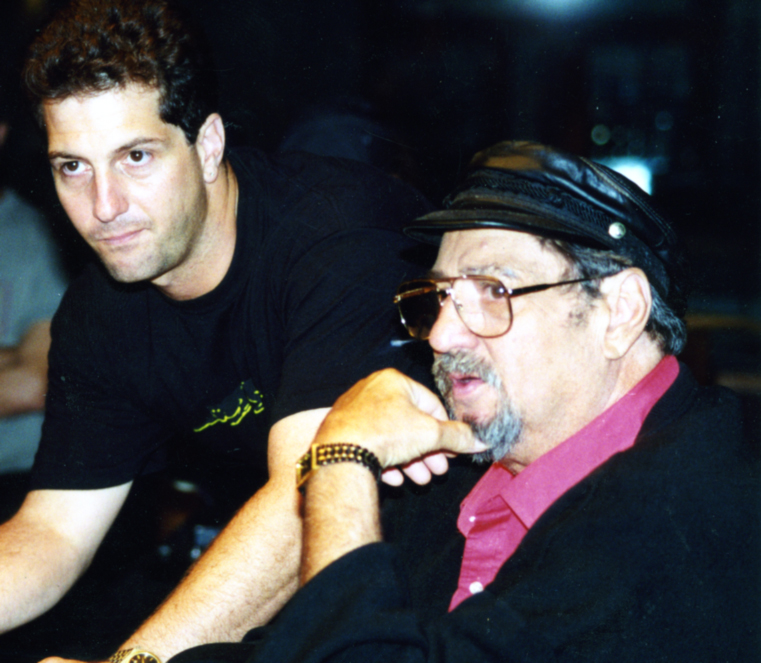
Filmmaker Denny Tedesco with his late guitarist father Tommy Tedesco (All photos courtesy of Denny Tedesco)
After years of pre-production, Denny Tedesco finally had time to spend with his family. The director of riveting music documentary The Wrecking Crew couldn’t believe it himself. The film he began working on three years before the birth of his 16-year-old daughter was finally researched, shot and edited, its kudos-filled festival tour finished, its rights clearances funded and completed, its DVD and Blu-ray discs released.
The Los Angeles studio musicians known as The Wrecking Crew performed on countless hits in the 1960s and ’70s by the Beach Boys, Mamas and Papas, Monkees and Righteous Brothers to Elvis, Sonny & Cher, Herb Alpert and the Tijuana Brass, the Byrds, the Association, to name a few.
“I’m glad I don’t have to put my family through it anymore,” Tedesco says. “The story now is that we got it out. People are blown away that it actually came to fruition.”
In 2014, four of the studio musicians featured in the film reunited for a performance at a fundraiser in Los Angeles for Musack, which connects music and arts professionals with students to help encourage their interest and skills in creative pursuits. Keyboardist Don Randi, guitarists Mike Deasy and Don Peake and bass player Joe Osborn gathered in a Hancock Park backyard to play some hits and reminisce, 300 collective years of pop music history – and rock, jazz, country and contemporary Christian as well.
Tedesco went back to his film and video production roots, shooting projects for hire and pondering the debts he accrued to keep the film going over the years. Until the revenues start to flow, the memories are still fresh: drawn-out negotiations and personality mediations, debts incurred and dreams deferred. And, finally, his personal vision made public.
This vision – and the music to match – includes footage of his father, guitarist extraordinaire Tommy Tedesco, a session musician who played not only on thousands of pop songs but many film scores and jazz albums as well. The senior Tedesco died in 1997. “Dad had great chops,” Denny says, “better at 62 than ever before.”
Two of The Wrecking Crew’s most well known alums were Leon Russell and Glen Campbell, both of whom went on to significant recording careers on their own. Bassist Carol Kaye was by far the most prominent female musician among them. She was selected to join the Rock & Roll Hall of Fame’s Class of 2025 in the Musical Excellence category.
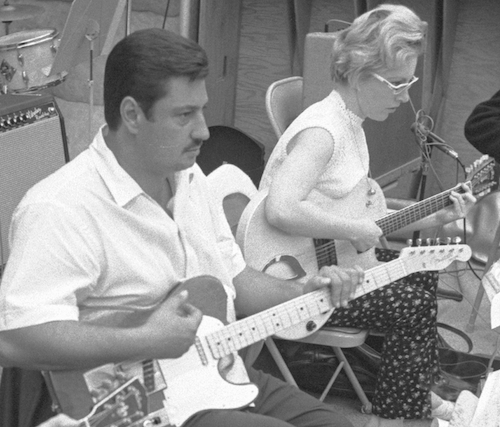
Tommy Tedesco and Carol Kaye.
Anyone who was around the Los Angeles music industry heard about Tedesco and his mission to raise the money needed to clear the music that is crucial to telling The Wrecking Crew’s story. Clearing rights so the film could screen at the South By Southwest Film Festival in 2008 and other festivals was one thing, as those showings were not considered commercial (read: for profit) by those who hold the rights to the music. But once there, says Tedesco, “No one would pick us up because there was still a backend.” Naysayers abounded as Tedesco sought the hundreds of thousands of dollars needed to clear the rights to the movie’s 110 songs from record companies, music publishers and the American Federation of Musicians (AFM).
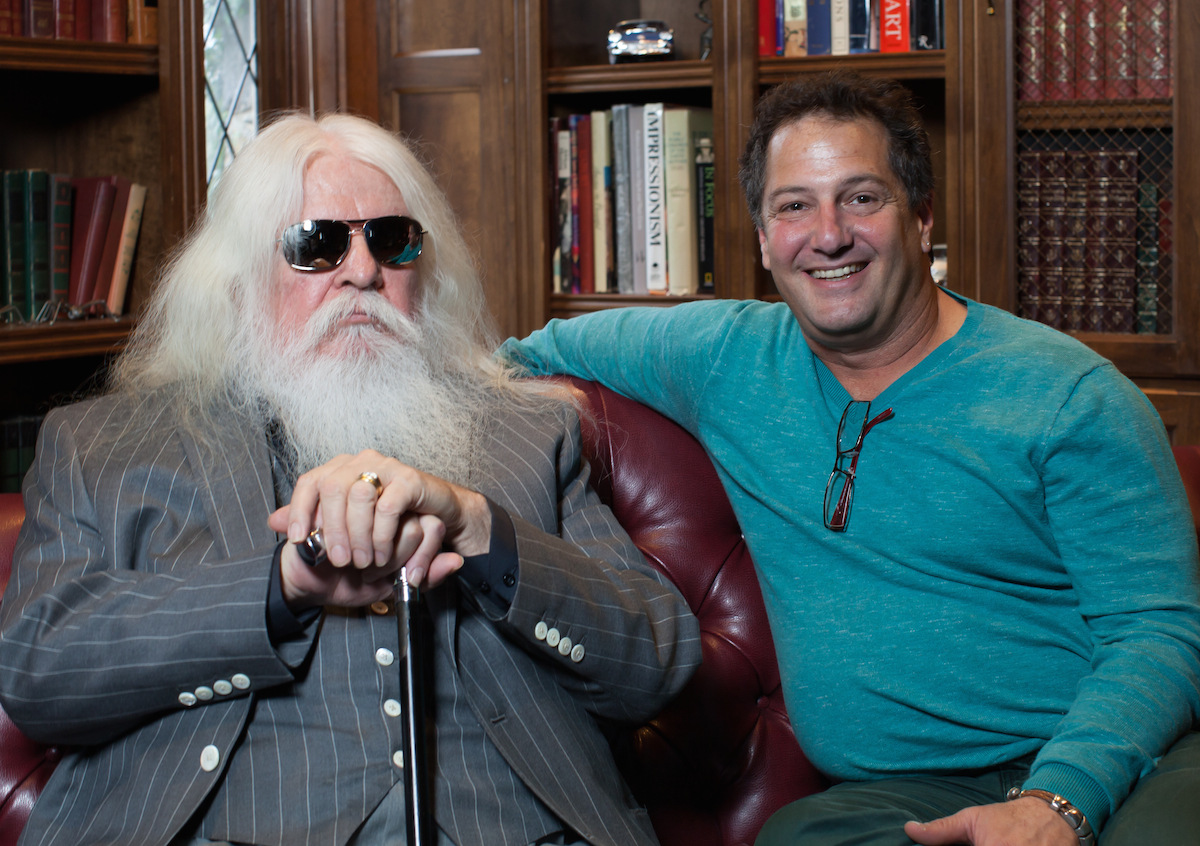
Tedesco with Wrecking Crew pianist and Leon Russell (Photo: Denny Tedesco Archives; used with permission)
Union negotiations were complicated by Tedesco’s own conflicted interests: as a filmmaker he needed to keep costs down; as a son whose mother was the beneficiary of his late father’s royalty earnings, he wanted the musicians to receive as much as possible.
The film had over a dozen Audience awards from the festivals where it screened, but until the licensing was paid it couldn’t be released in theaters. So in 2010, Tedesco turned to fundraising. He mortgaged his house. He maxed out his credit cards. He traveled with the film to 30 cities, four-walling theaters for special screenings, with sponsors ranging from local music stores to estate planners and hearing aid companies. He got the message: his audience was aging fast. He ramped up the fundraising, with Kickstarter and International Documentary Association campaigns. He hit up friends, strangers and more potential sponsors, including a drum company where a staffer asked him “Who’s Hal Blaine?”
Blaine, of course, was the Crew’s legendary drummer, who is said to have performed on over 35,000 recordings.
Related: Our obituary on Hal Blaine, who died at 90 in 2019
Tedesco followed the advice of Greg Ogonowski – president of Modulation Index, a company that makes software products for audio encoding, streaming, metadata and logging – who had suggested including dedications and other naming opportunities in the film and soundtrack.
For instance, on the film’s homepage you’ll find a strip of linked logos for various sponsors as well as supporters button on the menu bar that leads to lists of other sponsors, donors and Kickstarter sponsors. The movie wasn’t just a labor of love for Tedesco but many others that shared his conviction that it documented an important behind-the-scenes story that needed to be told andpreserved before too many of the principal figures were no longer around to give their first-hand accounts.
Watch The Wrecking Crew trailer
As the money came in, Tedesco’s commitment to the project shifted from the personal to the professional to make sure his donors felt that they hadn’t thrown away their money. “All I had was my promise to everyone to get it out,” he says.
“I survived making this film because of what my father taught me: ‘Don’t blow up on the leader.’ Which means, if you’re in a session, you could be 125% right. But if you call someone out, especially in front of people, don’t expect to come back the next day. So think before you say it.” Tedesco acknowledges, “There’s been times when I could have totally lost my mind and blown someone off.” He tried not to burn any bridges as he sought buy-in both metaphorical and financial.
Tedesco can’t help but find irony in the fact that the movie he made about his father and the other top studio musicians of the ‘60s kept him away from his family just as those long recording sessions prevented his own father from spending time with him. But he couldn’t help it, driven as he was to tell the stories of the musicians whose works are so beloved but whose names were largely unknown. Until, that is, The Wrecking Crew.
Watch segments about their work on Beach Boys recordings
“In the film Plas [Johnson, a saxophonist] says ‘I’m a better grandfather than I was a father.’ I realize when he says that, that’s how I’ve affected my kids, my wife and my marriage the last few years. But I knew if I didn’t do it no one else would. All I had were two promises: one promise to everyone who donated that we’ll get this out there, and a promise to my family that it will get better.”
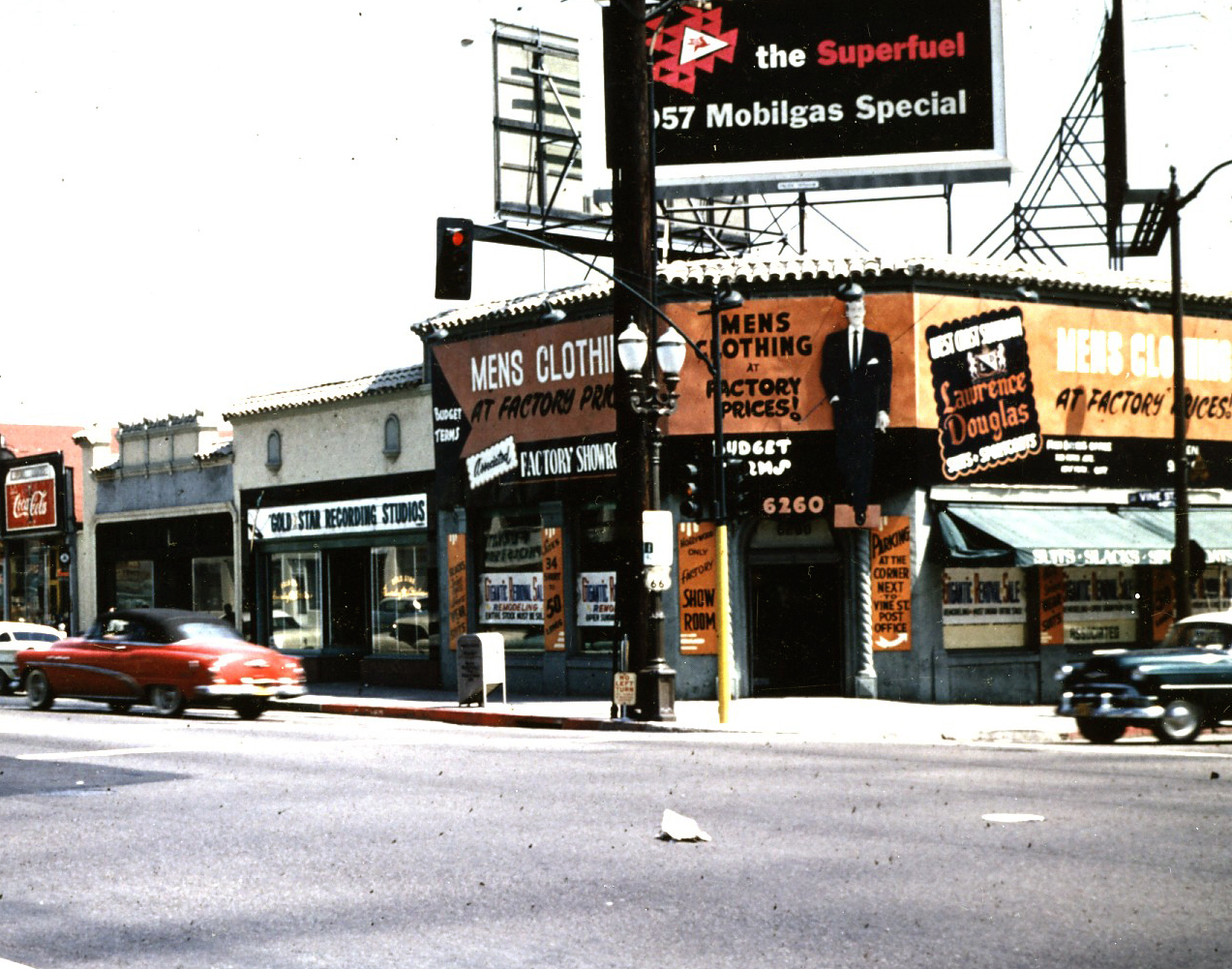
When Denny Tedesco’s father went to work, it was at legendary recording facilities like Gold Star Studios on Santa Monica Boulevard just past the corner of Vine Street (to left; white sign with black type).
Another irony is the fact that he has grown close with several of the musicians, including keyboardist Don Randi. “He mellows me out from all the stress that’s been around me for 19 years,” Tedesco says. “I didn’t know him growing up. I always knew of Don, but I only heard the name. So when we started doing things together, traveling to screenings, I started to realize how fortunate I was to know him now. He said to someone recently, ‘I’m closer to Denny than I was to his father.’”
The musicians had what was essentially a business relationship. Almost like a factory worker, Tommy Tedesco left his work behind when he stepped through the door of his house. “My father was playing the music but he wasn’t listening to it. He didn’t know what the experience of it was. When he came home, he didn’t practice. He didn’t play the stereo. We never heard music at home unless it was my brother. He played in a band, and at home he would play the stereo. Not my dad. He’d had enough.” Of himself Denny Tedesco says, “I’m not a musician. I can’t play anything. These guys were the original Best Classic Band.”
On Jan. 29, 2026, the Library of Congress announced that it has added The Wrecking Crew to the National Film Registry for preservation. It’s available to stream or purchase in the U.S. here, in Canada here and in the U.K. here.

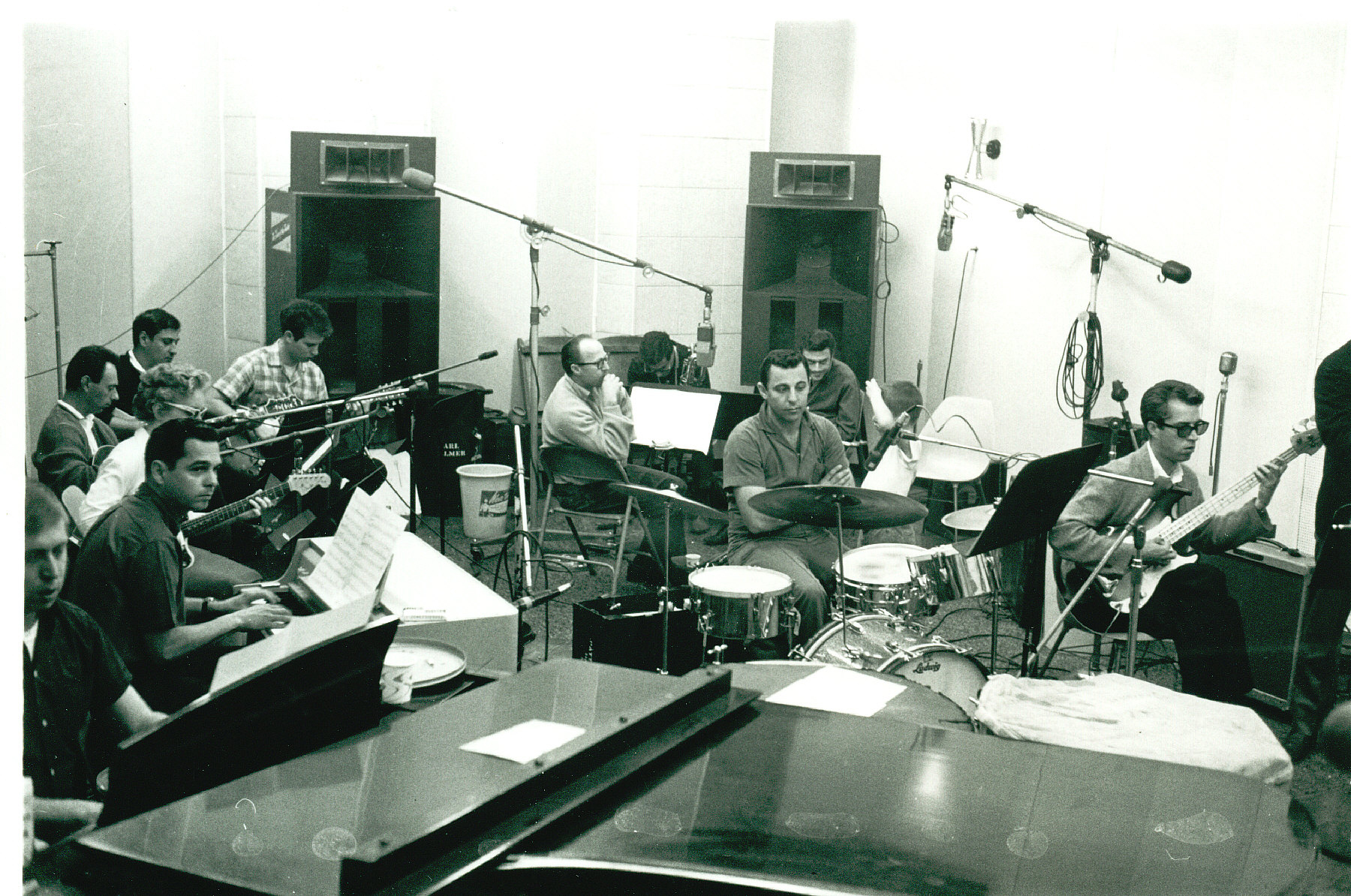
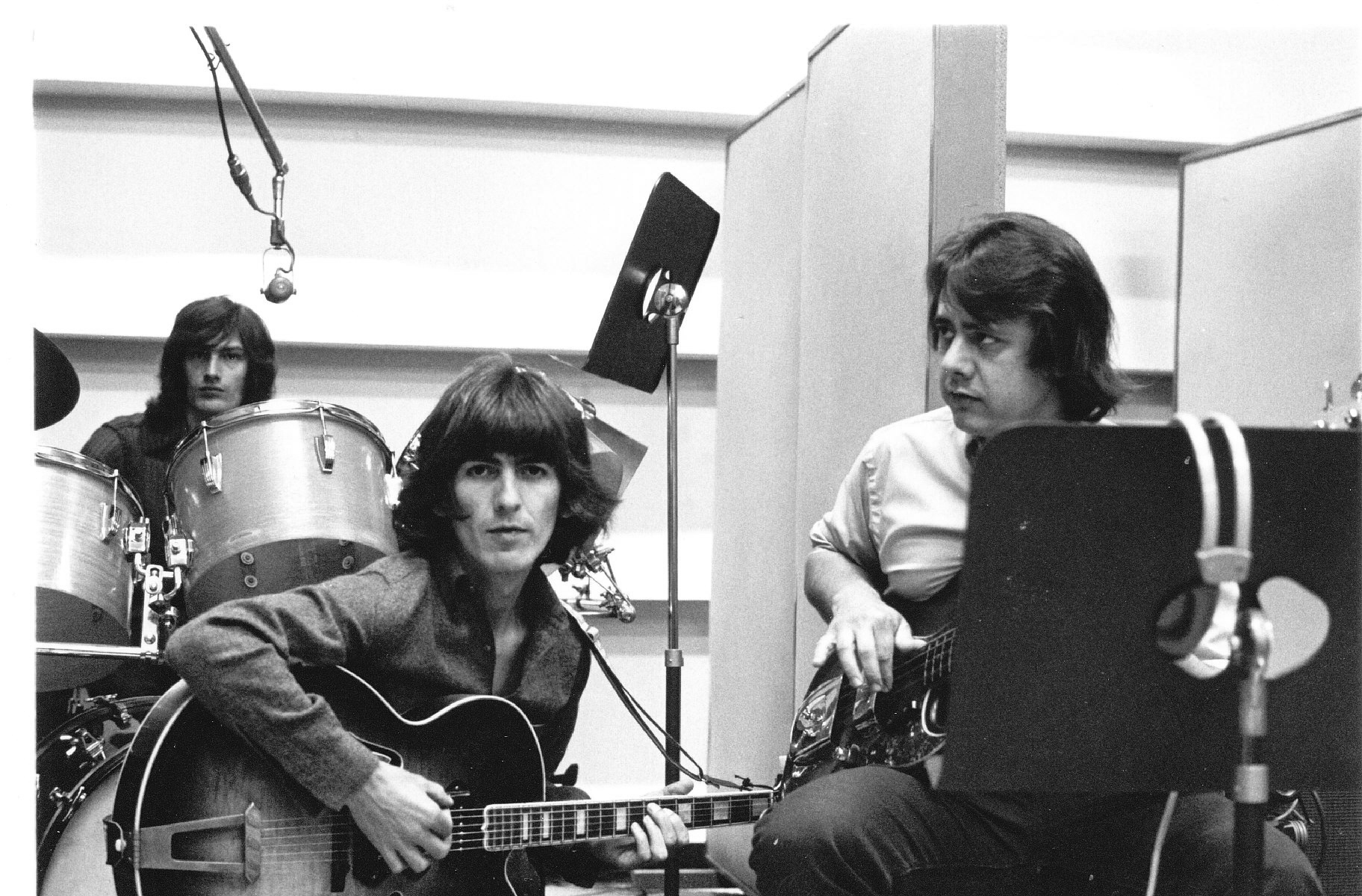
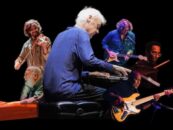
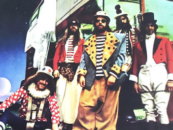

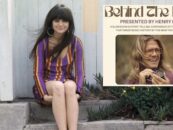

1 Comment so far
Jump into a conversationHal Blaine’s nephew, Michael Kravitz has a tribute band called “Demolition” a tribute to “The Wrecking Crew”:
http://www.demolitionatributetothewreckingcrew.com